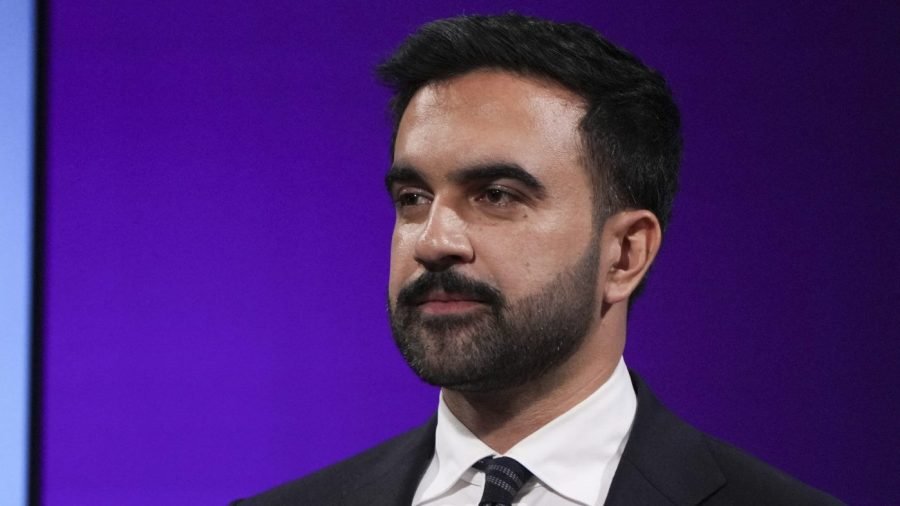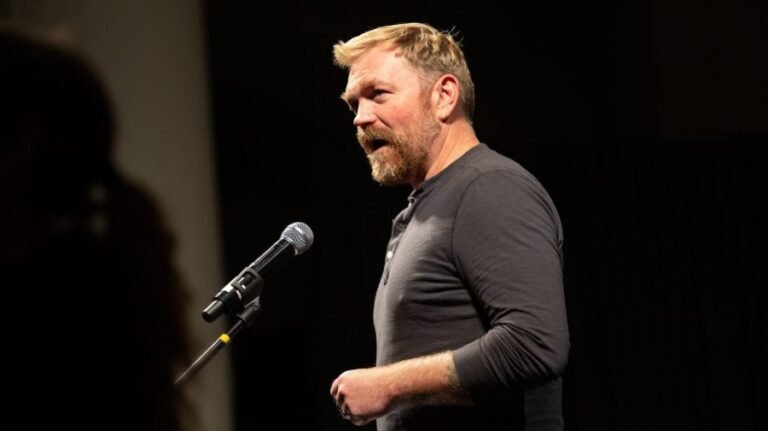
Zohran Mamdani is not a serious person. How do we know? Because, with just a few days to go before Election Day, he has not expressed his views on New York City ballot proposals two through four, which strike at the heart of the “affordability crisis” he pretends is central to his campaign.
I say “pretends” because none of Mamdani’s signature campaign proposals, estimated to cost $7 billion per year, will actually reduce the cost of living in New York. He must know that, unless his pricey Bowdoin College education left him appallingly ignorant of how the real world works.
You cannot freeze rents on subsidized housing, as he has said he wants to do, without driving landlords to abandon unprofitable buildings, reducing the housing stock and driving up rents.
You cannot make buses “free” without presumably extending the same benefit to other modes of public transportation and driving the expense through the roof.
You cannot push green energy without seeing electricity costs soar. And you cannot hope to fund all the wonderful freebies with tax hikes on high earners and businesses without then watching many of them exit the city.
Mamdani’s platform is absurd, and every grown-up in New York knows it. But it is dispiriting that, when proposals are put before voters that actually might move the needle on bringing rents down, Mamdani does not leap aboard.
The proposals in question aim to unclog the process of building new housing in New York City, an undertaking that today makes the Big Apple the slowest and most costly place in the world to build. Putting up a new condominium or office tower in the city can take more than a decade; in real estate development, time is money, and the costs of those delays, brought on by onerous approval and permitting requirements, cause the price of any project to skyrocket.
One would think that democratic socialist Mamdani would exult at the chance to lower building costs and expand the housing stock, thus alleviating the high price of rents. After all, although many laws have been suspended in New York City, the law of supply and demand still rules.
A survey of New York rents and housing from 2023 found that fewer than 2 percent of the city’s apartments were available to rent — the lowest rate since 1968. Worse, the number was even lower for cheaper units. A more normal vacancy rate would be 5 to 6 percent; in 2021, the rate was 4.5 percent.
The lack of available housing is pushing out lower- and middle-income earners. Median city incomes are $70,000 per year; the majority cannot afford to pay $3,600 per month, which is today’s average cost — more than twice the national average.
To Mamdani’s credit, he latched onto the “affordability” issue in New York City and has campaigned on it successfully. The cost of living in New York City is indeed high — at least 70 percent higher than the national average — and young people, in particular, have lined up to vote for the 34-year-old in hopes that he can change that.
But reducing the cost of living, and in particular the cost of housing, may require taking on New York’s City Council, which is mainly made up of extreme leftists and opposes nearly anything that might be construed as business-friendly.
The ballot proposals under consideration were written by a Charter Revision Commission set up by Mayor Eric Adams late last year. The commission, which includes 13 members, tackles changes to the city charter, the organizing document for New York’s government. It held public forums throughout the year, aiming to change provisions of the charter that could expedite building; the result is the slate of proposals appearing on the back of New Yorkers’ ballots.
Proposal 2, titled “Fast track Affordable Housing,” would grant zoning relief and expedited approval for housing projects financed by the city, which tend to be lower-cost. The city council would be excluded from the approvals process involving mixed-income housing developments in the 12 community districts where the fewest new housing units have been added over the preceding five years.
Proposal 3 would allow an expedited review process for another group of projects, and again get the city council out of the review process in most cases.
Proposal 4 would create a new “Affordable Housing Appeals Board,” which would consist of the mayor, the Speaker of the city council, and the president of the relevant borough. Under this provision, a decision by the city council on land use could be overturned by the mayor and the borough president.
These three ballot initiatives in effect strip power from the city council and enhance the ability of city hall to push through projects. Today, it can take up to nine months to navigate the arcane approval process for new development; the commission wants to change that.
The net effect would be to release the city council’s grip on real estate development in New York City — a grip that fattens campaign coffers and is vehemently protected by council members.
Mamdani does not dare to cross the powerful city council, which is packed with progressives who support his candidacy. But for someone pitching affordability, his indifference to the success of these ballot proposals is appalling.
But then nearly everything about Mamdani’s candidacy, from his apparent antisemitism to his antagonism toward law enforcement, is appalling. New York has been down the progressive path before, under former Mayor Bill de Blasio; it did not turn out well.
Liz Peek is a former partner of major bracket Wall Street firm Wertheim and Company.


